Outcomes of a live messaging, blended care coaching program among adults with symptoms of anxiety: Pragmatic retrospective cohort study




Abstract
Background
Anxiety disorders are common and can be debilitating. In addition, various barriers exist that can hinder access to adequate care. Coaching that is grounded in evidence-based interventions and delivered via synchronous (ie, live) text-based messaging could potentially increase the reach of mental health services among populations who select this modality instead of other services (eg, face-to-face coaching and psychotherapy). In addition, the delivery of live messaging coaching within a blended care model has the potential to combine the benefits of coaching with those of evidence-based digital mental health tools.
Objectives
This real-world study evaluates the anxiety and satisfaction outcomes of live messaging coaching blended with digital tools (ie, digital exercises and activities).
Methods
This was a retrospective cohort study of 121 adults with moderate levels of anxiety symptoms at the beginning of coaching (Generalized Anxiety Disorder-7 [GAD-7] scores: range 8-14). Participants received an employer-offered blended messaging coaching (BMC) program, and those who opted to receive all live coaching sessions via text-based messaging were included. Anxiety symptom severity was regularly measured by using the GAD-7 scale. Using growth curve models, the change in GAD-7 scores over the course of BMC was evaluated, as were the effects of text-based coaching sessions on GAD-7 scores. The proportion of participants that had a reliable improvement in anxiety symptom severity (GAD-7 score reduction of ≥4) or subclinical symptom severity (GAD-7 score of <8) at the end of care was also estimated. Participants also self-reported their likelihood of recommending their live messaging coach to someone with similar needs.
Results
At baseline, the average GAD-7 score was 9.88 (SD 1.80). Anxiety symptom severity significantly decreased with each week in the BMC program (week: b=−1.04; P<.001), and the rate of decline in anxiety symptom severity decreased over time (week2: b=0.06; P<.001). Each live messaging coaching session was associated with significantly lower anxiety symptom severity during the week of the coaching session (b=−1.56; P<.001) and the week immediately following the session (b=−1.03; P<.001). Overall, 86% (104/121) of participants had subclinical symptom severity or a reliable reduction in anxiety symptom severity by the end of care. Further, 33.1% (40/121) of participants reported coaching satisfaction levels; of the 40 participants in this subset, 37 (92.5%) were likely or extremely likely to recommend their live messaging coach.
Conclusions
BMC that provides coaching sessions via live messaging can be beneficial for adults with moderate symptoms of anxiety who qualify for and self-select this care modality. Large-scale studies with longer follow-ups are needed.

